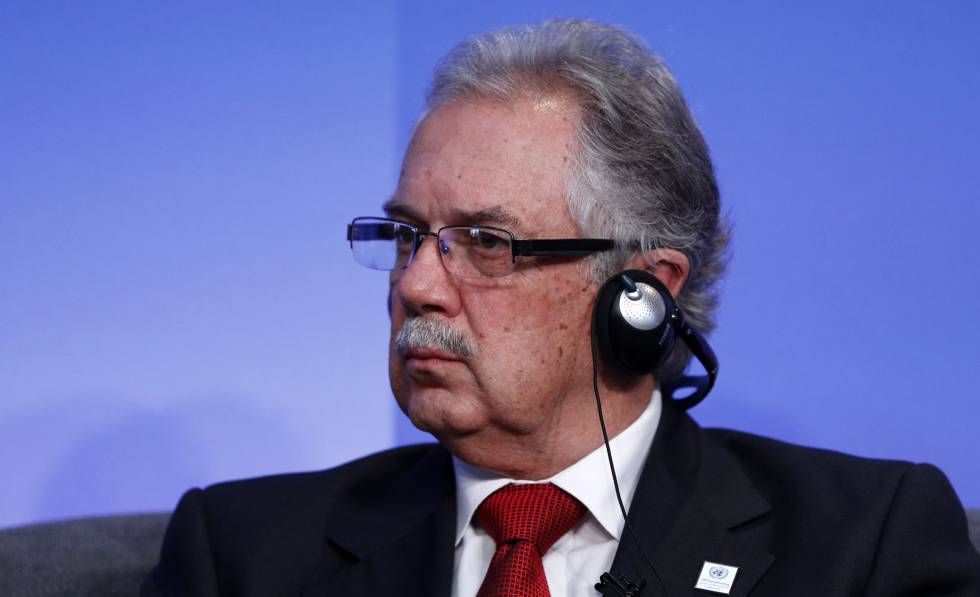 |
| Jorge Menendez |
On Monday, April 1, 2019, President
Tabare Vasquez of Uruguay, removed the Minister of Defense,
Jorge Menendez, the deputy Minister of Defense, and three generals, one of whom,
Jose Gonzalez, had just been named head of the Army. The next day three more generals were removed from the Military Appeals Court (
Tribunal de Honor de Alzada), which ratified the Honor Tribunal's decision. The minutes of a Military Tribunal of Honor, covered by journalist,
Leonardo Haberkorn, revealed that Colonel
Jorge Silveira, confessed to the disappearance of
Maria Claudia Garcia Gelman, the daughter-in-law of the Argentine poet,
Juan Gelman, who had been detained in Argentina and then taken to Uruguay in 1976, while she was pregnant with her daughter
Macarena, who was then given up for adoption in Uruguay. This was a famous case that was presented to the OAS's Inter-American Commission and Court of Human Rights. Also, Lt. Col.
Jose Nino Gavazzo, confessed that in 1973 he threw
Roberto Gomensoro into the waters of the Rio Negro and that he lied to the civilian courts.
Despite these confessions, the Military Tribunal of Honor, held last year, comprised of seven generals, did not find that these confessions constituted an affront to the honor of the accused members of the military. The accused were sanctioned, however, for having permitted another member of the military, Colonel
Juan Carlos Gomez, to spend three years in jail for the killing of Gomensoro when they knew he was innocent. In 2013, Gomez was finally declared innocent.
The authorities of the Defense Ministry did not include the confessions of Silveira and Gavazzo in the minutes of the Tribunal, which ended up costing them the anger of the President and their jobs.
The confessions of Gavazzo and Silveira are exceptional in Uruguay, where a military pact of silence has made it impossible to solve the majority of the cases involving killings and disappearances during the military dictatorship. In some cases, members of the military went to jail, even when they were innocent, because nothing could break through this pact of silence.







































